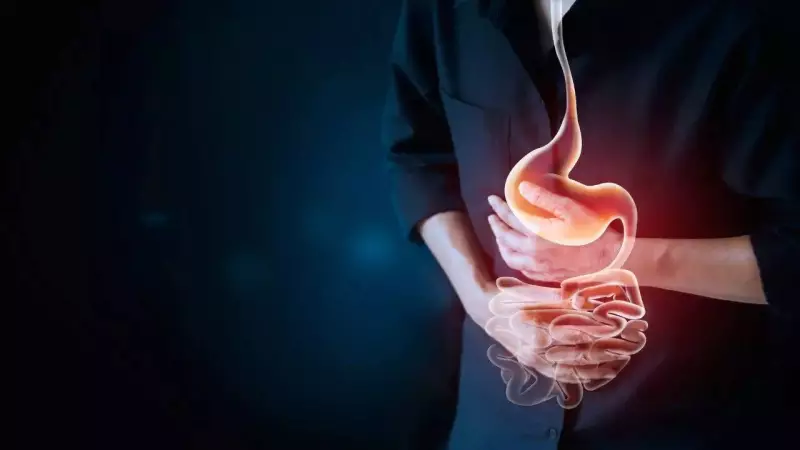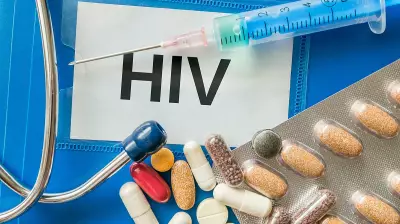
Stomach or abdominal pain ranks among the most common health complaints experienced by people across India, presenting everything from minor discomfort to debilitating agony. While often stemming from harmless issues like indigestion or gas, this pain can sometimes indicate serious conditions affecting vital organs including the liver, pancreas, intestines, and appendix.
Ignoring persistent or severe abdominal discomfort can delay diagnosis of potentially dangerous conditions such as ulcers, gallstones, or infections. Medical experts emphasize that understanding the nature, location, and intensity of your pain can lead to earlier detection and treatment.
Why Abdominal Pain Demands Attention
Your abdominal cavity houses numerous critical organs belonging to your digestive, urinary, and reproductive systems. This concentration of vital structures means pain in this region can originate from multiple sources, ranging from temporary bloating to life-threatening inflammation or infection.
A study published in the British Medical Journal (BMJ) confirms that abdominal pain can serve as an early warning sign for serious conditions affecting the digestive system, liver, kidneys, or reproductive organs. The research specifically links persistent or severe abdominal pain patterns to illnesses including appendicitis, gallstones, pancreatitis, and intestinal inflammation.
Common Versus Serious Causes of Stomach Pain
Most abdominal discomfort results from temporary, manageable conditions such as indigestion, gas, constipation, stomach flu (gastroenteritis), menstrual cramps, or urinary tract infections (UTIs). These typically resolve within days with basic home care.
However, when pain intensifies or continues beyond a few days, it may indicate underlying health issues requiring medical intervention. Below are serious conditions that often manifest as abdominal pain.
Critical Health Conditions Linked to Abdominal Pain
Appendicitis: This emergency condition occurs when the appendix becomes inflamed. Pain typically begins near the navel before migrating to the lower right abdomen, accompanied by nausea, vomiting, fever, and appetite loss. Immediate treatment is crucial to prevent rupture and serious complications.
Acute Pancreatitis: Inflammation of the pancreas causes sudden, severe upper abdominal pain that may radiate to the back. Heavy alcohol consumption and gallstones are common triggers. This condition can become life-threatening without prompt medical care.
Inflammatory Bowel Disease (IBD): Chronic conditions like Crohn's disease and ulcerative colitis involve digestive tract inflammation, leading to abdominal pain, diarrhea, weight loss, and fatigue. Long-term inflammation can damage intestinal tissue and impair nutrient absorption.
Gallstones: Hardened deposits in the gallbladder, often composed of cholesterol, can trigger sharp pain in the upper right abdomen, particularly after consuming fatty foods. This discomfort may spread to the back or right shoulder.
Intestinal Ischemia: Reduced blood flow to the intestines causes tissue damage and severe pain that often seems disproportionate to physical findings. This condition predominantly affects older adults or individuals with heart disease.
Kidney Stones and Urinary Issues: Kidney stones generate sharp, radiating pain from the back or sides toward the lower abdomen and groin. Blood may appear in urine, and urinary tract problems can cause dull abdominal aching.
Reproductive System Conditions: Women may experience abdominal pain from gynecological issues including ovarian cysts, endometriosis, or ectopic pregnancy, all requiring medical evaluation to prevent complications.
When to Seek Immediate Medical Attention
Consult healthcare professionals immediately if you experience:
- Sudden, severe, or progressively worsening abdominal pain
- Pain accompanied by fever, chills, or persistent vomiting
- Abdominal swelling, tenderness, or hardness
- Blood in stool or vomit
- Jaundice (yellowing skin or eyes)
- Difficulty with bowel movements or urination
- Pain following an injury or accident
These symptoms may indicate medical emergencies that shouldn't be ignored.
Managing Mild Stomach Discomfort at Home
For mild pain likely related to diet or stress, these simple remedies may provide relief:
- Rest: Reduce stress which can worsen stomach issues
- Eat small, light meals: Choose bland options like rice, soup, or porridge while avoiding spicy, fatty, or fried foods
- Stay hydrated: Sip water regularly to support digestion
- Avoid irritants: Eliminate alcohol and caffeine which can aggravate the digestive tract
- Use gentle heat: Apply a warm compress to relax abdominal muscles
If pain persists beyond two days or new symptoms emerge, consult a healthcare provider for proper evaluation.
Disclaimer: This information serves educational purposes only and doesn't replace professional medical advice. Always consult healthcare providers before changing your diet, medication, or lifestyle.






